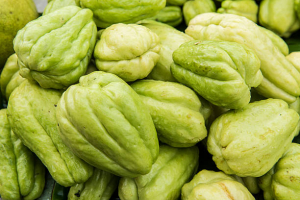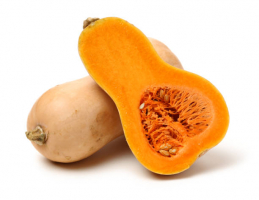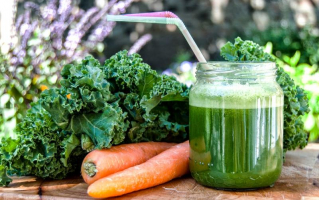Top 5 Health Benefits of Acorn Squash
The Cucurbitaceae or gourd family, which also contains pumpkin, butternut squash, and zucchini, includes acorn squash as a form of winter squash. Acorn squash ... read more...is a tasty carbohydrate choice because of its bright color and sweet flavor. In addition to being tasty, it is also nutrient-rich. Furthermore, it could offer several remarkable health advantages. Read on for more information.
-
Like other winter squash, acorn squash is highly nutritious, providing a quality source of vitamins, minerals, and fiber. One cup (205 grams) of cooked acorn squash offers:
- Calories: 115
- Carbs: 30 grams
- Protein: 2 grams
- Fiber: 9 grams
- Provitamin A: 18% of the Daily Value (DV)
- Vitamin C: 37% of the DV
- Thiamine (vitamin B1): 23% of the DV
- Pyridoxine (vitamin B6): 20% of the DV
- Folate (vitamin B9): 10% of the DV
- Iron: 11% of the DV
- Magnesium: 22% of the DV
- Potassium: 26% of the DV
- Manganese: 25% of the DV
Acorn squash has a variety of nutrients despite having few calories. It contains particularly high levels of vitamin C, a water-soluble nutrient that supports immune cell activity and guards against potentially hazardous microorganisms to maintain immune system health. Along with the electrolytes magnesium and potassium, which are essential for muscular function and blood pressure management, it is also a great source of B vitamins, which are involved in the creation and metabolism of red blood cells. Acorn squash is also loaded with fiber, an element necessary for a healthy digestive system and a key player in illness prevention.
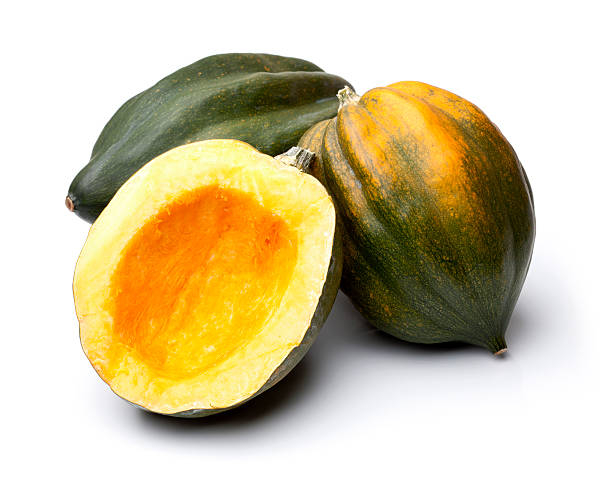
High in nutrients 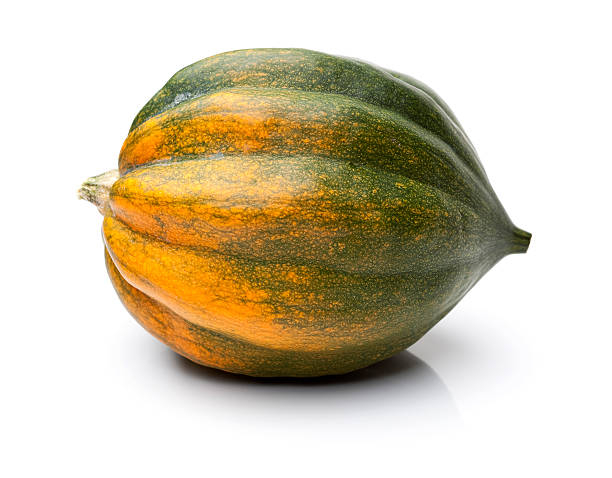
High in nutrients -
Antioxidants, which are substances that guard against cellular damage, are abundant in acorn squash. Antioxidant-rich diets have been found to lower your chance of developing a number of chronic diseases, including heart disease and several types of cancer. It is especially abundant in carotenoids, and plant pigments with potent antioxidant properties. The acorn form of winter squash is really the densest source of the pigment alpha-carotene, second only to carrots.
Alpha, beta, and zeaxanthin are among the carotenoids present in acorn squash that can help prevent type 2 diabetes, lung cancer, mental decline, and eye-related problems. Acorn squash is rich in vitamin C, which has powerful antioxidant qualities in addition to the carotenoids it contains.

A good source of antioxidants 
A good source of antioxidants -
There is a lot of soluble and insoluble fiber in acorn squash. Although they serve various purposes in your body, both are crucial for digestive health. While soluble fiber softens your stools and insoluble fiber adds volume, both work to encourage regular bowel movements and avoid constipation.
Both kinds of fiber support probiotics, the beneficial bacteria that reside in your gut. Your immune system will be strengthened and you'll be protected from disease if you have a healthy gut flora. Acorn squash and other high-fiber produce may also help prevent constipation, colon cancer, and irritable bowel syndrome, according to a study (IBS).

Promotes digestive health 
Promotes digestive health -
Your diet should include acorn squash since eating more vegetables may reduce your chances of developing a number of chronic illnesses. Research on the advantages of acorn squash, in particular, is scant, but there is a wealth of data that diets high in vegetables are beneficial for health. Diets high in vegetables can reduce heart disease risk factors including high blood pressure and levels of LDL (bad) cholesterol. Atherosclerosis, a buildup of plaque in your arteries that raises your risk of heart attack and stroke, may also be prevented by them.
Acorn squash and other produce-rich diets may also help prevent neurological illnesses like Alzheimer's disease and even lengthen longevity. Additionally, those who eat more veggies often weigh less than those who eat fewer. Your chance of developing several illnesses, including heart disease, diabetes, and some types of cancer, rises if you are overweight or obese.

May protect against certain diseases 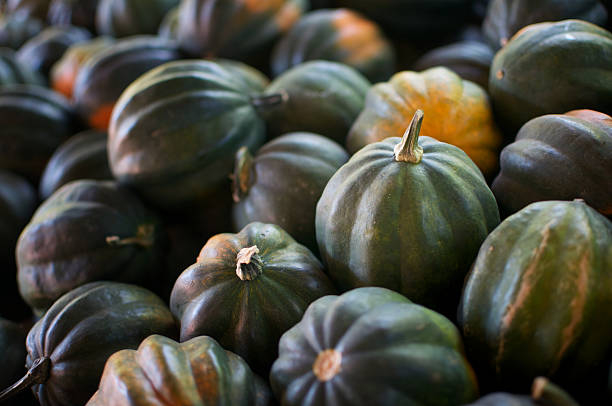
May protect against certain diseases -
Acorn squash has vitamin C, which isn't exactly a traditional cold remedy but has been demonstrated to have positive benefits on the immune system. According to research, taking enough vitamin C aids in the prevention and treatment of both respiratory and systemic illnesses. Since food also contains other significant elements that might affect how much of this nutrient the body is able to utilize, consuming vitamin C through food rather than a supplement may boost its bioavailability.
You'd all benefit from including a lot of antioxidants in your diets because systemic inflammation is a major contributor to so many chronic illnesses. These nutrients eliminate toxic waste from cells, which reduces inflammation. The antioxidant qualities of several micronutrients in acorn squash, including vitamin A, vitamin C, and manganese, can aid in this process.

Support the immune system and reduce inflammation 
Support the immune system and reduce inflammation







